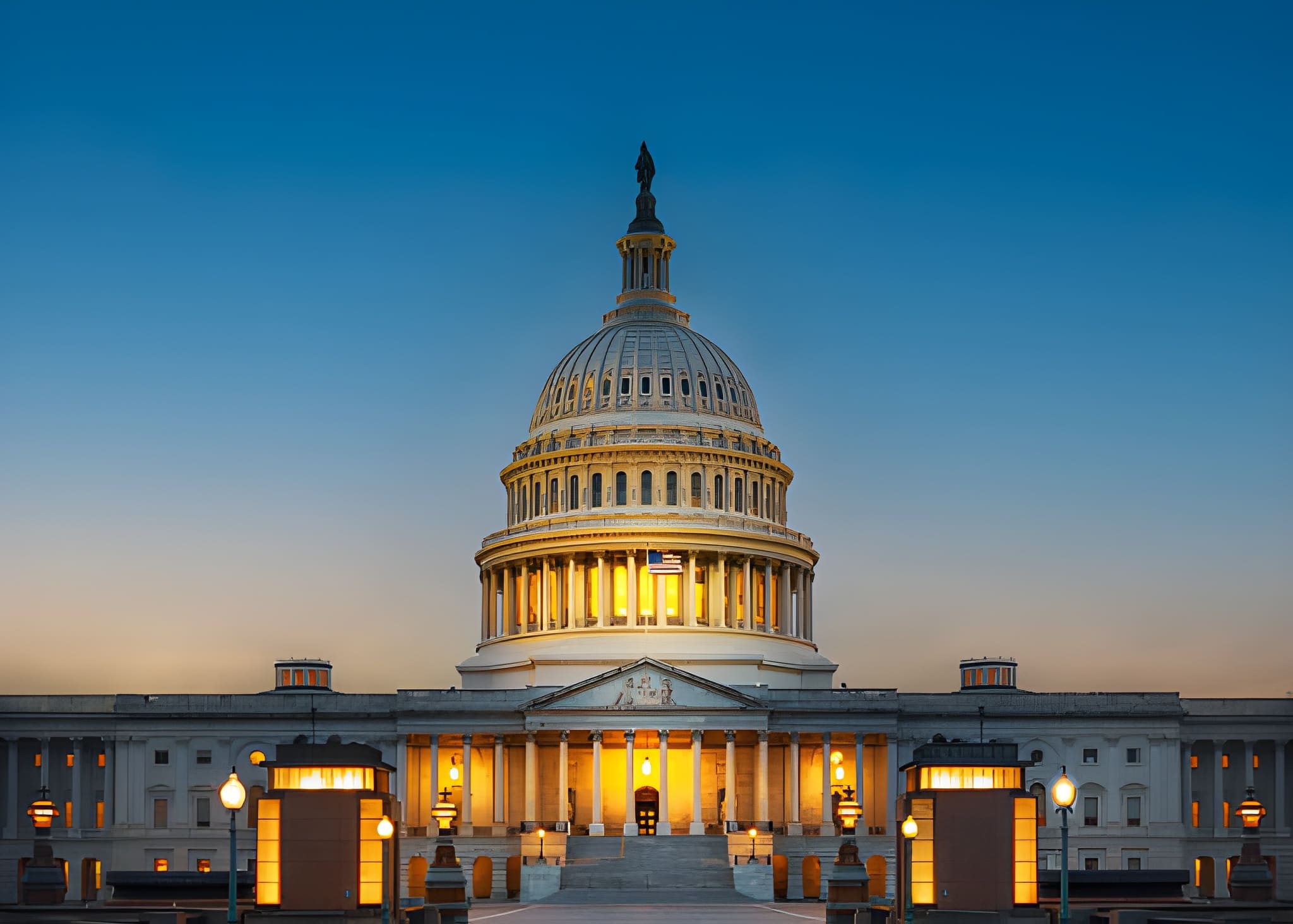AUGUSTA, Maine — The Maine House fell four votes short Friday of endorsing a measure that would move Maine closer to a statewide vote on legalizing recreational use of marijuana.
After a swirling debate that touched on personal experiences, addiction, the status of the national “war on drugs” and the Legislature’s role versus that of citizen initiatives, the Maine House voted 71-67 Friday to accept a committee’s recommendation to kill the bill.
Rep. Diane Russell, D-Portland, sponsored the bill, LD 1229, which was amended from an extensive proposal to tax and regulate recreational use of marijuana to a simple referendum on the question of legalization. Russell proposed similar legislation that failed by a much wider margin in the previous Legislature.
Unlike the vast majority of bills considered this legislative session, party and partisanship did not frame the debate and roll-call vote on LD 1229. Socially conservative Republicans supported the measure, while some of the House’s more liberal members opposed it.
During House floor debate Friday, Russell argued that, with a statewide vote on legalization of recreational marijuana inevitable, her bill would allow the Legislature to retain control of the rulemaking process, something that didn’t occur in Washington and Colorado, where voters in November 2012 legalized recreational use of marijuana.
“I believe this is the smartest, most rational way forward … to ensure we’re the ones driving the bus to do it,” Russell said.
The bill, altered drastically to call simply for a referendum asking voters to decide whether the state should draft rules for legalizing recreational use of marijuana, emerged from the Criminal Justice and Public Safety Committee with a 10-3 recommendation against passage. However, two members of the committee, Rep. Timothy Marks, D-Pittston, and Rep. Thomas Tyler, R-Windham, reversed their positions Friday on the floor of the House.
Marks, a former Maine state trooper, said his change of heart derived from the fact that “this is not a bill that would legalize marijuana. It’s a bill that would let voters decide if Maine should do so.”
Marks was one of a number of lawmakers who expressed their opposition to legalizing recreational use of marijuana while saying it was a matter that Maine voters should decide.
Rep. Lance Harvell, R-Farmington, who acknowledged that he has smoked marijuana and joked that he, in fact, had inhaled, “unlike a former president,” referring to Democrat Bill Clinton’s famously evasive response to a campaign question, argued that the federal “war on drugs” is over as it relates to marijuana.
“We have a society that’s been hypocritically fighting this war for years,” he said, suggesting that in a “democratic republic, the will of the people will be expressed.”
But opponents, including Rep. Gay Grant, D-Gardiner, and Rep. Joe Brooks, I-Winterport, argued that Maine should not open the doors to another public health threat.
“I have seen lives ruined by addiction,” Grant said. “I am not ready to raise the white flag on one more opportunity to destroy lives.”
A black market fed by Maine’s laws against marijuana also harms Maine people, Rep. Corey Wilson, R-Augusta, said.
Calling marijuana use “ignorant,” Wilson offered his opinion that prohibition has failed and that Maine should consider collecting taxes on the use of marijuana to help fund stronger measures against more dangerous drugs. That echoed sentiments shared earlier by Harvell.
“You actually can’t smoke enough marijuana to kill yourself. You’d fall asleep first,” he said, joking that his statement wasn’t based on firsthand knowledge.
Rep. Mark Dion, D-Portland, the House chairman of the Criminal Justice and Public Safety Committee and former Cumberland County sheriff, found little humor in the question. He said Maine had taken a progressive stance when the state “decriminalized, not legitimized” marijuana. He said it’s premature to consider a statewide vote on legalization, that legalization could create problems by making Maine a “source state” and that the federal level is a more appropriate place to decide on drug policies.
Other House members focused more on the question of whether a matter of such import should be decided by elected legislators or the state’s voters. Some who favored the latter expressed concern that the language in this bill wouldn’t give residents enough latitude in determining how the legalization would take place if approved.
After the vote, David Boyer, political director for the Marijuana Policy Project, expressed disappointment with the outcome, but optimism about growing public and legislative support for legalization.
“It’s unfortunate that the Legislature robbed Mainers of the right to decide on the question of ending marijuana prohibition,” he said.
Advocates for legalizing recreational use of marijuana plan to press the matter in the next Legislature and are gearing up for a petition-initiated statewide referendum in 2016, when the next presidential election should draw a high turnout, Boyer said.
“Our position is that the prohibition on marijuana is harming our community and Mainers,” Boyer said. “We want to allow Mainers a safer alternative to alcohol the fastest way possible.”
An effort to place a local referendum before Portland voters this fall is underway. Russell’s bill now heads to the Senate.
———————–
Copyright 2013 – Bangor Daily News, Maine
Thanks for reading CPA Practice Advisor!
Subscribe Already registered? Log In
Need more information? Read the FAQs



